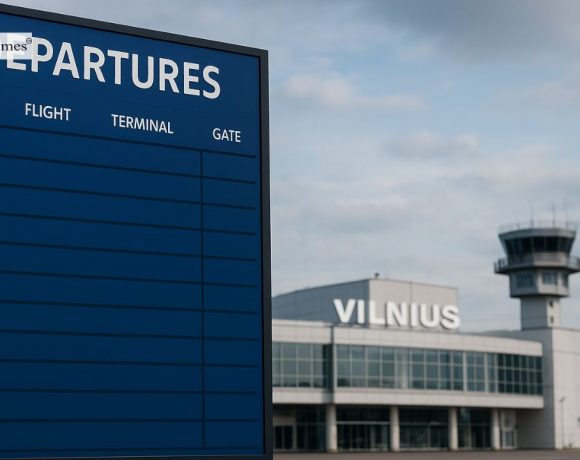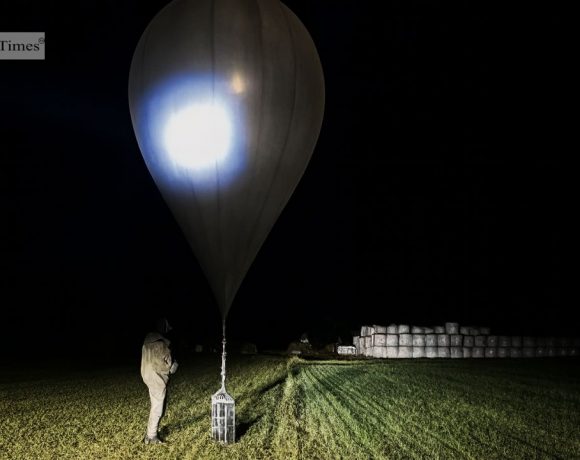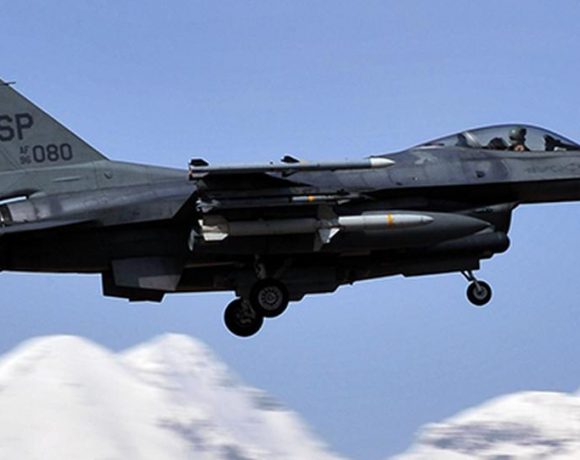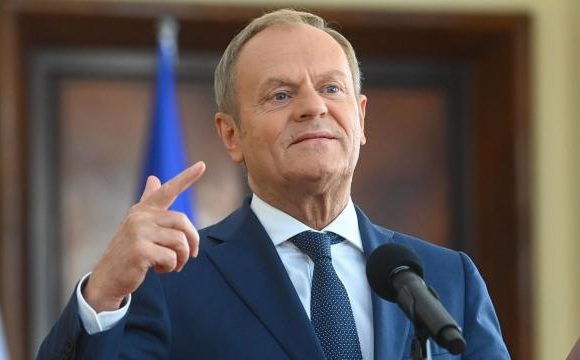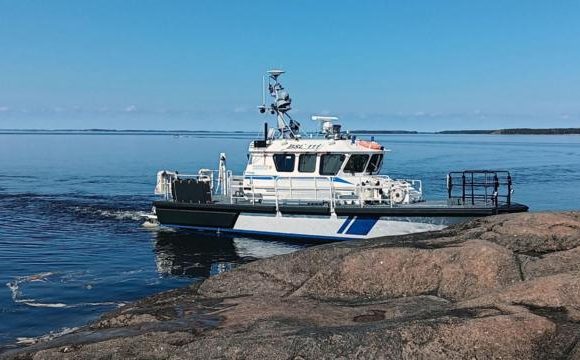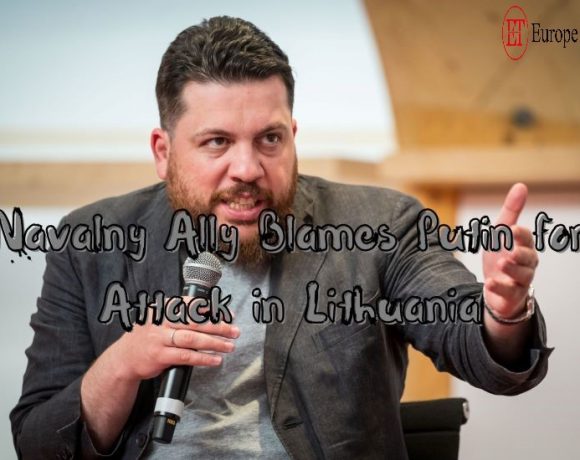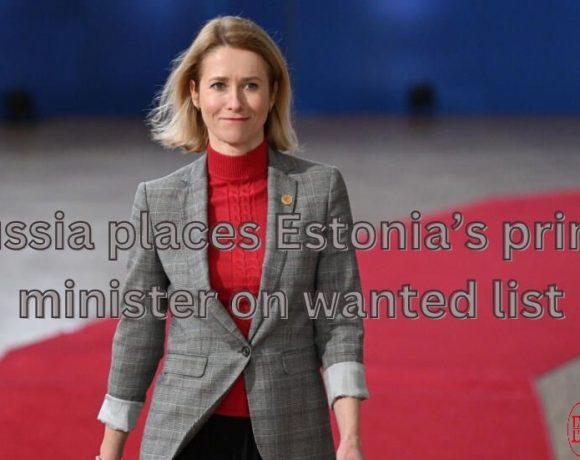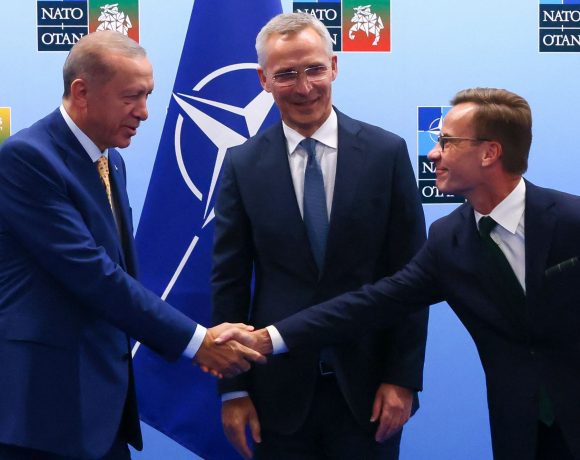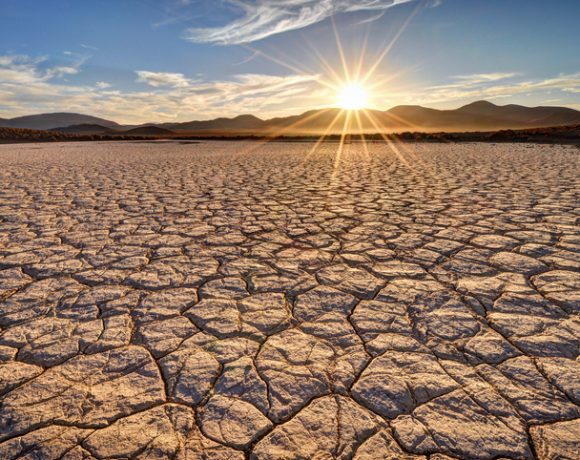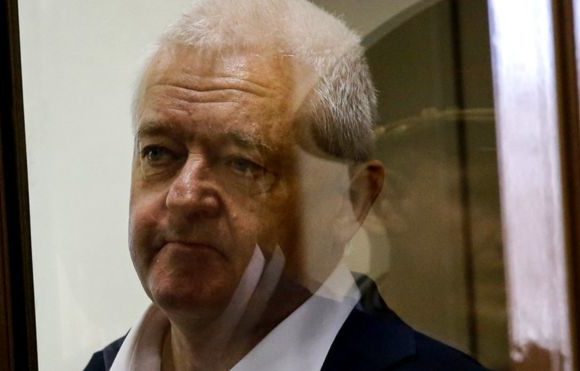Calls for calm have been issued in Finland and the Baltic states following a draft Russian decree proposing border revisions in the Baltic Sea. Latvia is seeking clarification, while Lithuania accuses the Kremlin of using the decree as an intimidation tactic. Finnish President Alexander Stubb stated that political leaders are monitoring the situation and Finland will respond calmly and factually.
The draft, issued by Russia’s defense ministry, suggested altering sea borders around Russian islands in the Gulf of Finland and the exclave of Kaliningrad. Initially reported by Russia’s Tass news agency, the draft aimed to redraw Soviet-era borders from January 1985. It was unclear if Finnish or Lithuanian waters near Kaliningrad would be affected, but the proposal included the eastern Gulf of Finland, islands near the Finnish coast, and areas around Baltiysk and Zelenogradsk in Kaliningrad.
As members of the EU and NATO, Finland and the Baltic states have the alliance’s commitment to defend their borders. Finland’s defense and foreign committees convened emergency meetings, with Prime Minister Petteri Orpo stating there is no immediate cause for alarm.
The Russian proposals were subsequently removed from public view with a “draft deleted” notice. A Russian source later confirmed no plans to alter territorial waters in the Baltic. Kremlin spokesman Dmitry Peskov directed questions to the defense ministry, noting the political landscape had changed since the 1980s and emphasizing the heightened confrontation in the Baltic region.
Charly Salonius-Pasternak from the Finnish Institute of International Affairs suggested Russia’s approach was typical: probing reactions and retreating if met with resistance. Lithuania’s Foreign Minister Gabrielius Landsbergis described the draft as an escalation against NATO and the EU, advocating a strong response.
Simultaneously, Sweden’s armed forces chief, Gen Micael Byden, warned of Putin’s ambitions to control the Baltic Sea. Byden stressed the importance of keeping the Baltic Sea out of Putin’s control to maintain peace and stability. Sweden, a NATO member since March, has reinforced its military presence on the Baltic island of Gotland, which Gen Byden believes Russia has targeted.
In response to potential migration issues, Finland, which joined NATO last year, plans to prevent large-scale asylum seeker crossings from Russia. Helsinki fears Russia might exploit migration, but the UN refugee agency warns the draft law could lead to harmful pushbacks of legitimate asylum seekers, risking severe injuries, family separations, and deaths, according to UNHCR’s Philippe Leclerc.
Picture Courtesy: Google/images are subject to copyright
